Premium Only Content
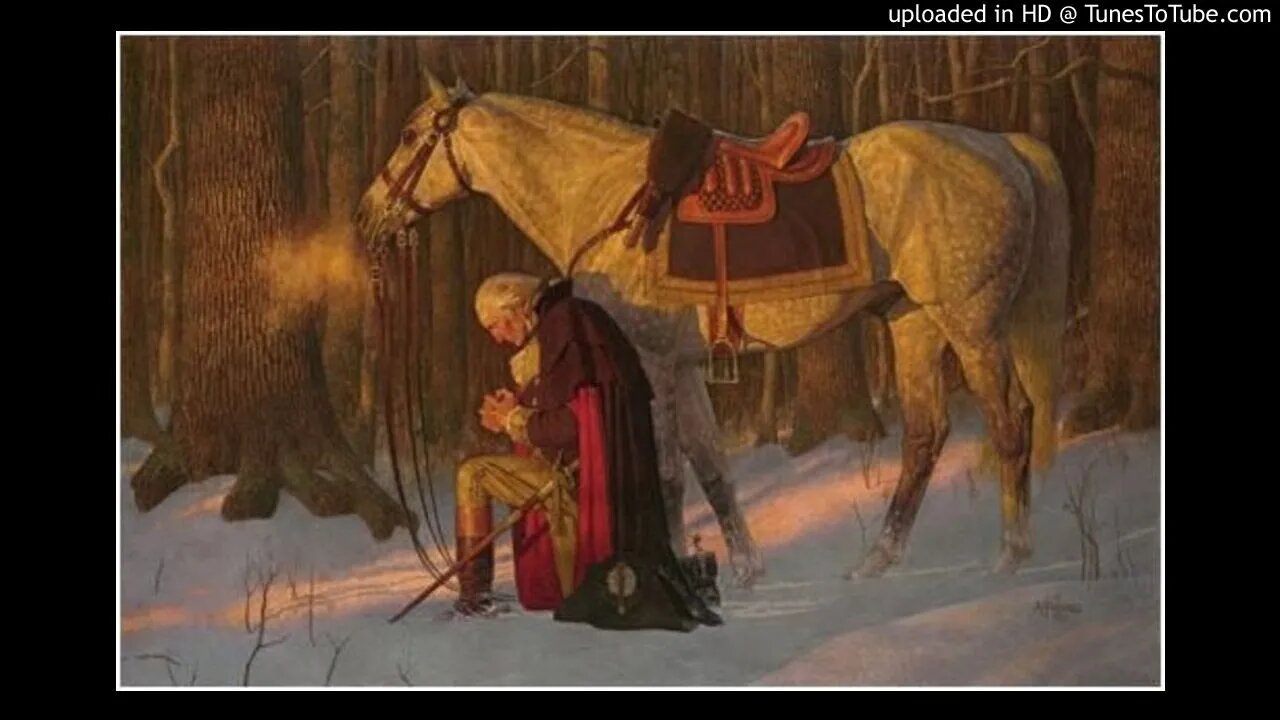
George Washington - The Man Nobody Knows - Biography in Sound
Biography in Sound was an hour-long documentary radio program that was produced and broadcast in the 1950s. It's one of the best examples of radio excellence - the production is exemplary.
Each episode featured multiple guests, who often were peers or friends of the person who was the featured subject.
George Washington (February 22, 1732[b] – December 14, 1799) was an American political leader, military general, statesman, and founding father who served as the first president of the United States from 1789 to 1797. Previously, he led Patriot forces to victory in the nation's War for Independence. He presided at the Constitutional Convention of 1787, which established the U.S. Constitution and a federal government. Washington has been called the "Father of His Country" for his manifold leadership in the formative days of the new nation.
Washington received his initial military training and command with the Virginia Regiment during the French and Indian War. He was later elected to the Virginia House of Burgesses and was named a delegate to the Continental Congress, where he was appointed Commanding General of the Continental Army. He commanded American forces, allied with France, in the defeat and surrender of the British during the Siege of Yorktown. He resigned his commission after the Treaty of Paris in 1783.
Washington played a key role in adopting and ratifying the Constitution and was then elected president (twice) by the Electoral College. He implemented a strong, well-financed national government while remaining impartial in a fierce rivalry between cabinet members Thomas Jefferson and Alexander Hamilton. During the French Revolution, he proclaimed a policy of neutrality while sanctioning the Jay Treaty. He set enduring precedents for the office of president, including the title "President of the United States", and his Farewell Address is widely regarded as a pre-eminent statement on republicanism.
Washington owned slaves, and, in order to preserve national unity, he supported measures passed by Congress to protect slavery. He later became troubled with the institution of slavery and freed his slaves in a 1799 will. He endeavored to assimilate Native Americans into Anglo-American culture but combated indigenous resistance during occasions of violent conflict. He was a member of the Anglican Church and the Freemasons, and he urged broad religious freedom in his roles as general and president. Upon his death, he was eulogized as "first in war, first in peace, and first in the hearts of his countrymen". He has been memorialized by monuments, art, geographical locations, stamps, and currency, and many scholars and polls rank him among the greatest U.S. presidents.
Originally Broadcast July 5, 1955
-
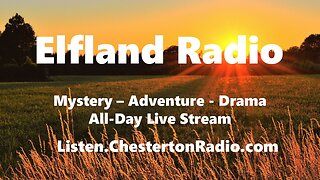 18:12:15
18:12:15
Chesterton Radio
1 year ago $4.02 earnedElfland Radio - Mystery Drama Adventure All-Day Live Stream
46K5 -

SpartakusLIVE
8 hours agoTiger Blood RESTOCKED and 30% off w/ code SPARTAKUS30
73.7K -
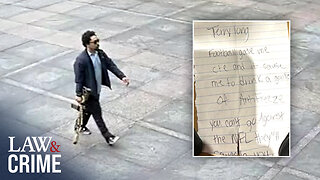 24:58
24:58
Law&Crime
8 hours ago $1.60 earnedSecond Note Leaves Disturbing Clues in New York City Killings
28.3K9 -
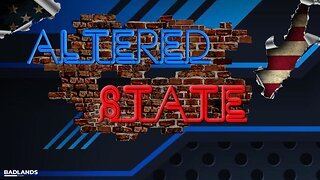 1:36:57
1:36:57
Badlands Media
1 day agoAltered State S3 Ep. 39: Earthquakes, Energy Games & the Fall of the Narrative
62.8K13 -
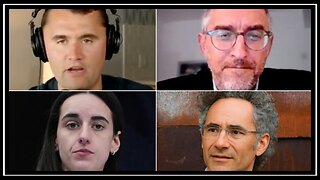 2:04:07
2:04:07
Due Dissidence
13 hours agoCharlie Kirk's GAZA LIES, Caitlin Clark Stalker, Palantir Goes Hollywood - w/ Kyle Matovcik | TMWS
33.3K8 -
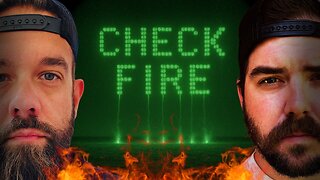 2:54:43
2:54:43
I_Came_With_Fire_Podcast
15 hours agoAmerica First, Trump Threatens China, Your Friendly Neighborhood Illegal, EPA Gets a "W"
34.1K8 -
 4:40:21
4:40:21
Geeks + Gamers
5 hours agoGeeks+Gamers Play- MARIO KART WORLD
24.9K2 -
 8:28:19
8:28:19
Dr Disrespect
14 hours ago🔴LIVE - DR DISRESPECT - BATTLEFIELD 1 - FULL GAME
168K7 -
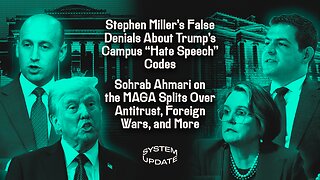 1:39:26
1:39:26
Glenn Greenwald
10 hours agoStephen Miller's False Denials About Trump's Campus "Hate Speech" Codes; Sohrab Ahmari on the MAGA Splits Over Antitrust, Foreign Wars, and More | SYSTEM UPDATE #495
112K74 -
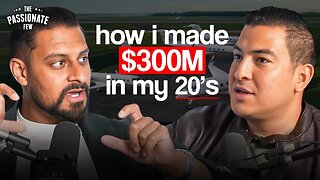 1:57:28
1:57:28
Omar Elattar
10 hours agoThe $300M CEO: "The One Skill That Made Me Rich In 15 Different Countries!"
20.1K